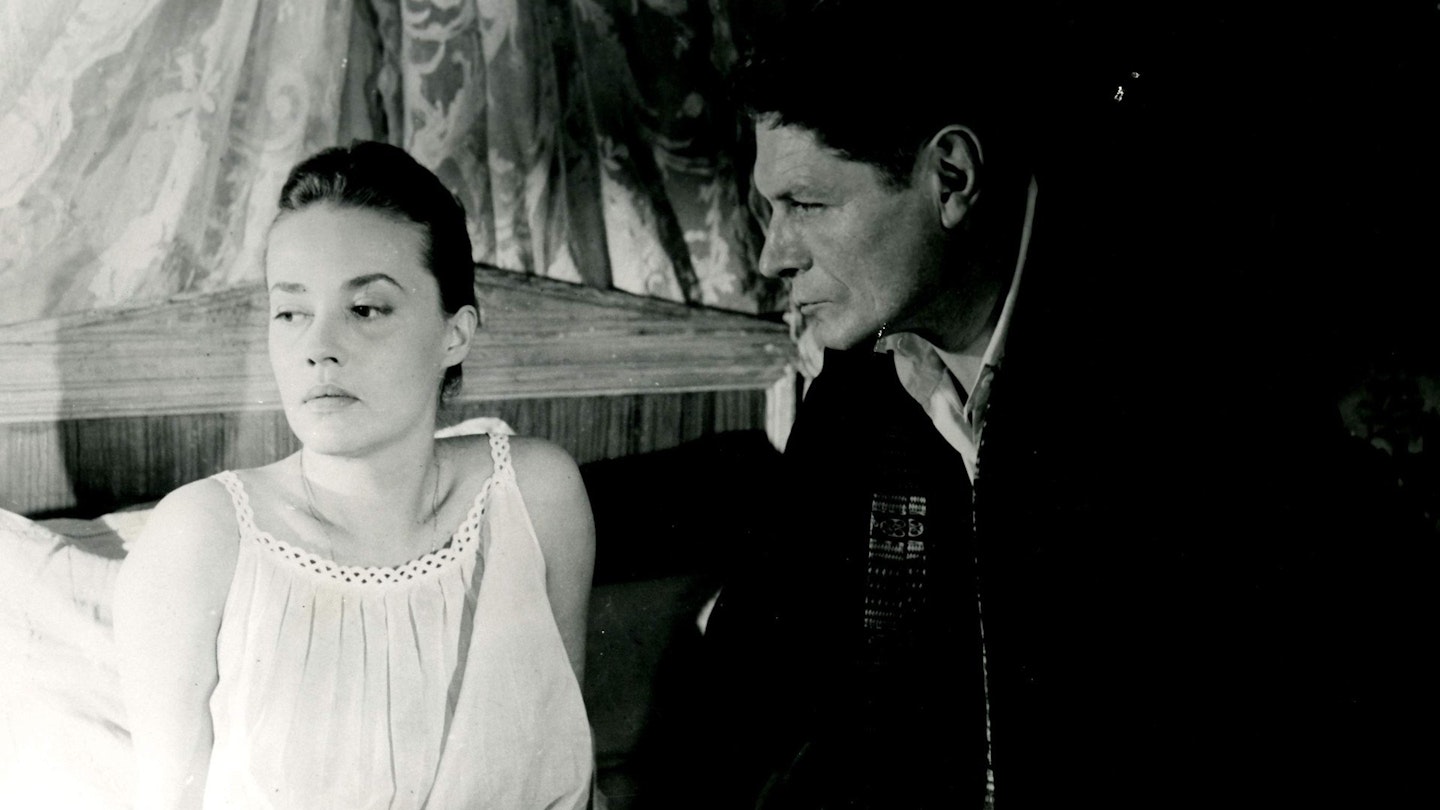François Truffaut called Louis Malle's second feature the cinema's first night of love'. Yet, despite winning the Special Jury Prize at Venice and proving a huge commercial success, it was denounced as diabolical' by the Vatican newspaper, L'Osservatore Romano, and led to a cinema owner in Cleveland, Ohio having to resort to the Supreme Court to quash a charge of peddling obscenity.
Seen today, it's hard to understand how so delicate a sex scene could have caused such uproar. But even though France had been seduced by the cult of youth that had enlivened its postwar austerity and was supposedly revelling in the existential optimism of a new government, it wasn't quite ready for a latterday Madame Bovary, which exposed the emptiness of provincial life and established Jeanne Moreau as an emblem of emancipated womanhood.
The irony, of course, is that most viewers would have accepted the fact that Moreau periodically left Dijon for Parisian rendezvous with her best friend or occasional dalliances with her polo-playing lover. It wasn't the adultery that shocked the hypocrites, but the fact that Moreau could reject the trappings of bourgeois existence and risk everything for reckless passion with a younger man.
Malle, however, was thrilled by Moreau's surrender to the kind of love everybody has a right to dream about' and rather than castigating her for betraying her class and sex by driving off into an uncertain future he lionised her for espousing the higher morality of self-realisation'. There's no question that Malle naively romanticises Moreau and Bory's Brahms-scored assignation, with Henri Decaë's photography lending a novelettish air to the couple's moonlight walk and boat trip across the lake. But, Malle's use of nudity and the close-ups of Moreau in the throes of passion were a revelation and it's only now that their sensitivity and discretion can be fully appreciated.
